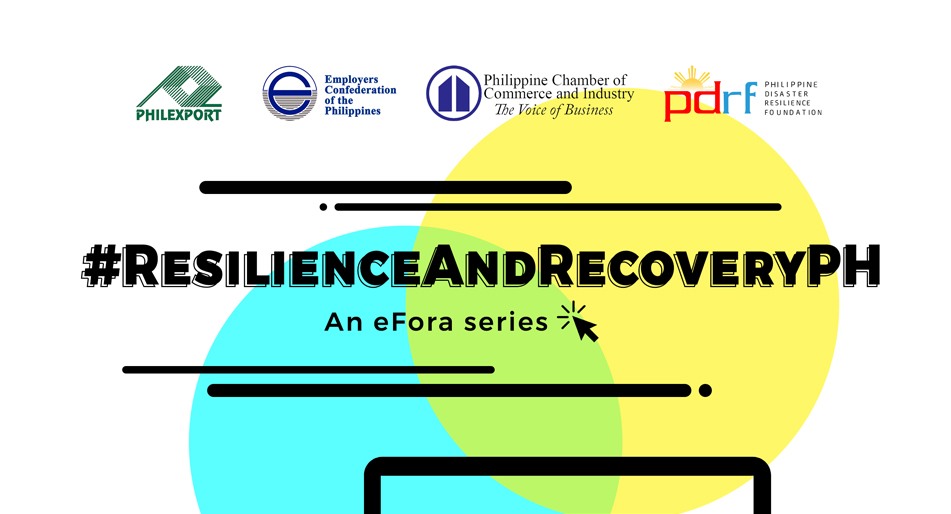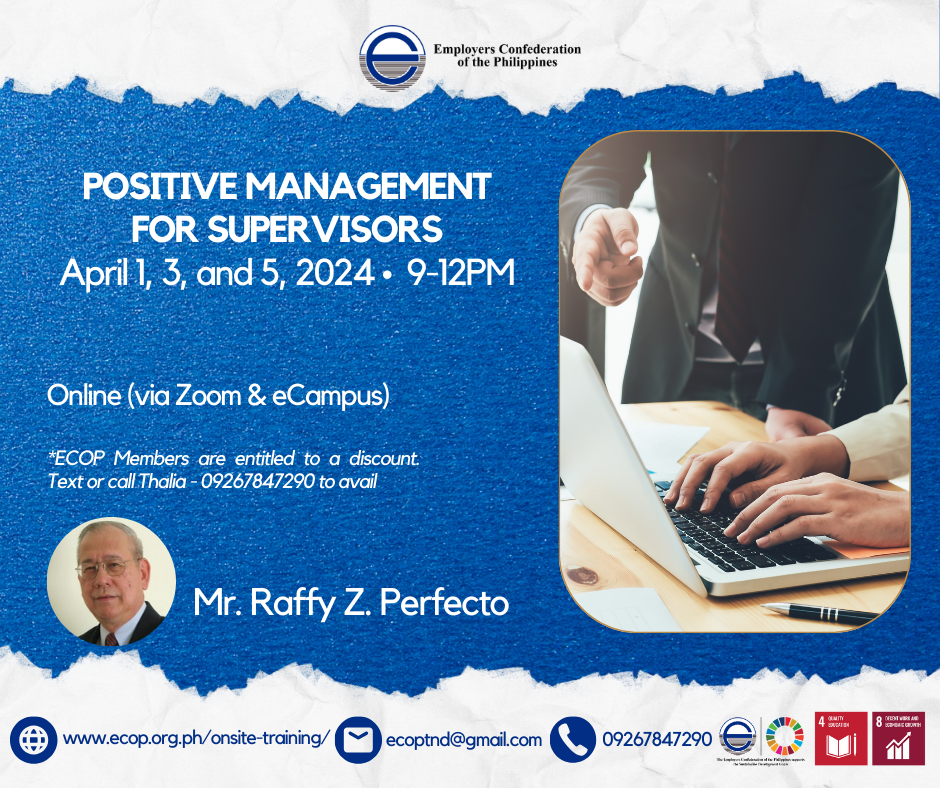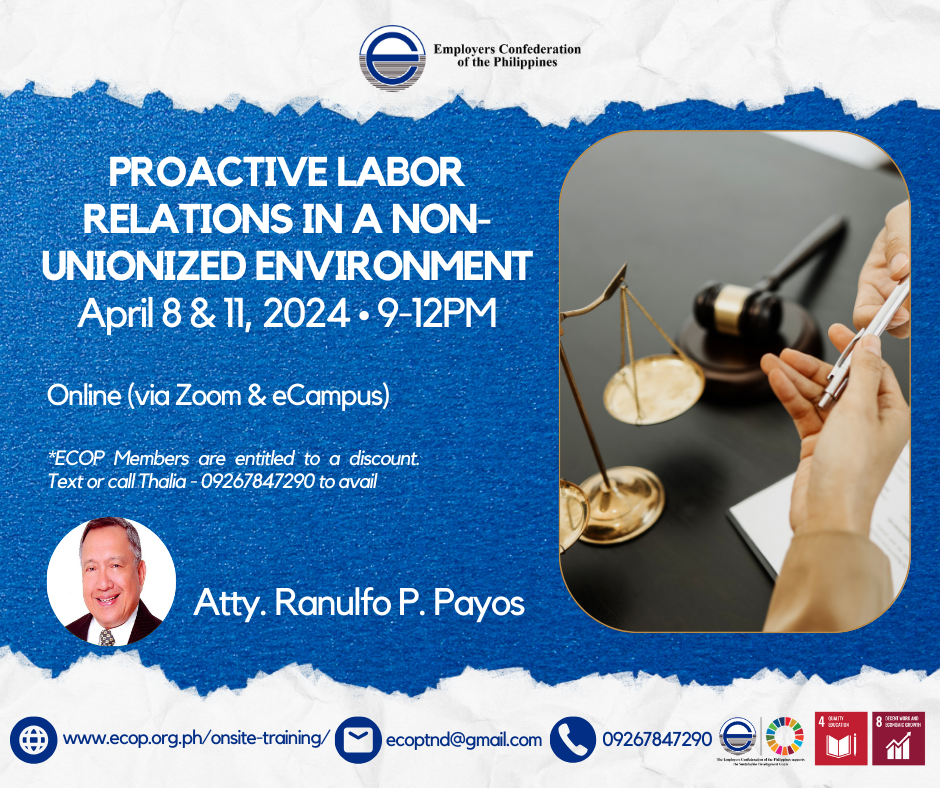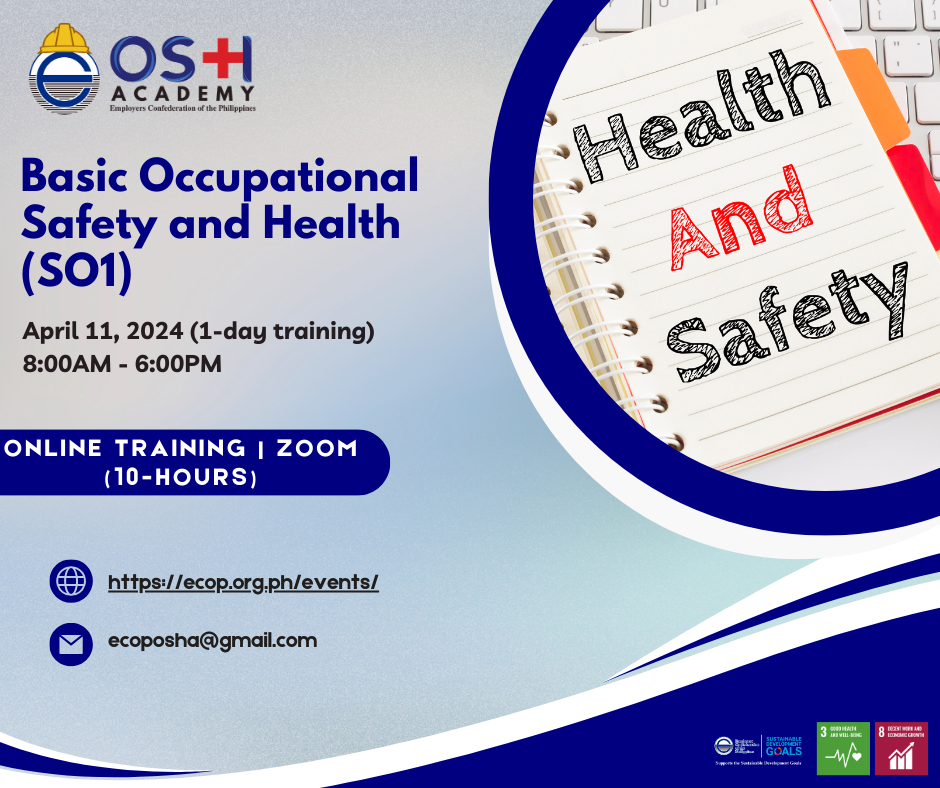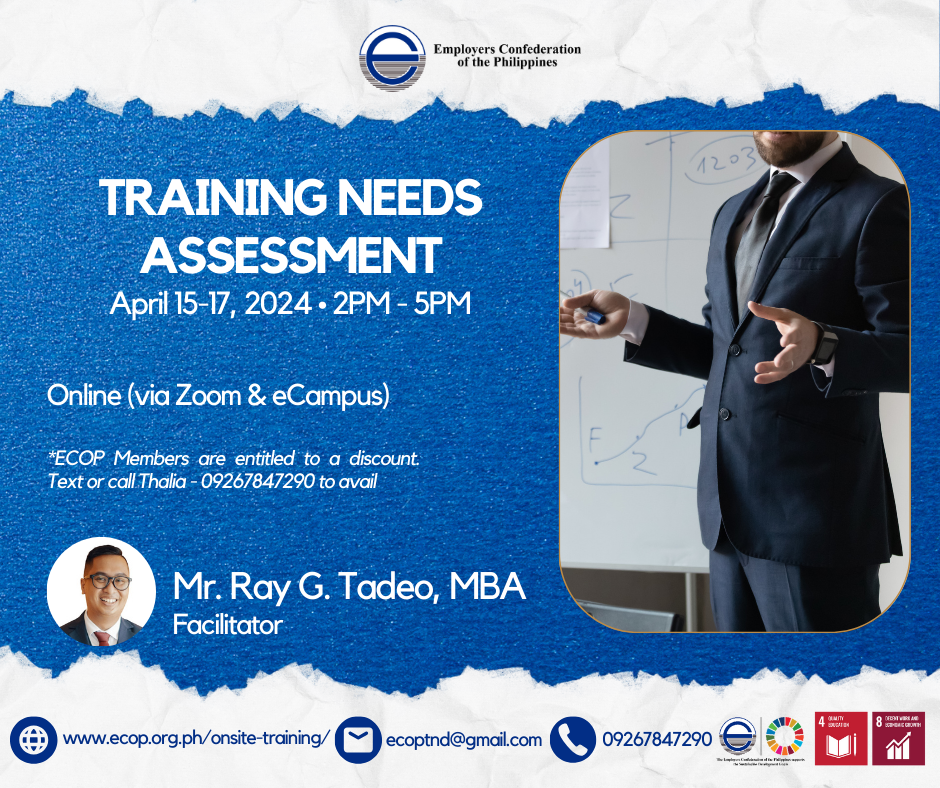Moving on to the new normal entails the strong partnership and collaboration of the public and private sectors. The Philippine Statistics Authority reported that the Philippine economy shrank by 0.2% for the first time in twenty years. The probability that the Philippine economy’s performance by the second quarter of the year will be worse. It is only through a united front in which recovery from the negative economic impacts of the pandemic is possible. The government has the responsibility to support the private sector by providing stimulus packages that will reactivate business activities, therefore reviving the economy. On 20 May 2020, the last leg of the “#ResilienceandRecoveryPH eForum Series” entitled “Plugging the Bleeding: Quick Wins and Long-Term Plans” explored on what have been accomplished so far and what the businesses, especially MSMEs, can look forward to.
Micro, small, and medium enterprises (MSMEs) are the backbone of the Philippine economy accounting to approximately 99.6% of the total number of businesses across the country. It is obvious that MSMEs are the ones hardly hit by the economic crisis brought by the COVID-19 pandemic. The discussion highlighted the additional costs in doing business, public transportation, and even continuous need to undergo COVID-19 testing, which will become very inefficient in the long run. Although an additional burden for both employers and workers, these are the adjustments needed to be done in preparation for the new normal.
From the government side, there are already efforts from various departments and agencies to support businesses and help minimize the probability of employee retrenchment and company shutdown. Congressman Weslie Gatchalian, Committee Chairperson of Trade and Industry, presented the proposed bill entitled Philippine Economic Stimulus Act (PESA) which aims to soften the impacts of the pandemic towards the economy. Above all else, PESA will jumpstart industries and the workforce after the community quarantine.
The eFora Series was a collective effort of four organizations, namely: Employers Confederation of the Philippines (ECOP), Philippine Exporters Confederation, Inc. (PHILEXPORT), Philippine Chamber of Commerce and Industry (PCCI), and Philippine Disaster Resilience Foundation (PDRF). The series, which ran for eight episodes, first aired on 1 April 2020.
To watch the recorded video, please click this link:
https://www.facebook.com/ecop1975/videos/755139771689243/
As the crisis drags on to an indefinite timeline, challenges continue to emerge. This include millions of unemployed as companies closed shop temporarily or downsized operations to help prevent the further spread of the virus. With the economy at a standstill, how will the government cope with feeding at least 18 million poor people? What are the priority recovery measures? What game plan will work in the short to long term? Our resource persons have plans to share. Join us in this Concluding Session, Episode 8: Plugging the Bleeding: Quick Wins and Long Term Plans still in our #ResilienceandRecoveryPH: An eForum Series. This will stream on Wednesday, May 20, from 3:00 p.m. to 5:00 p.m. via Zoom webinar.
Posted by Employers Confederation of the Philippines on Tuesday, 19 May 2020
Click here to watch the recorded video
Visit our COVID-19 Resource center

